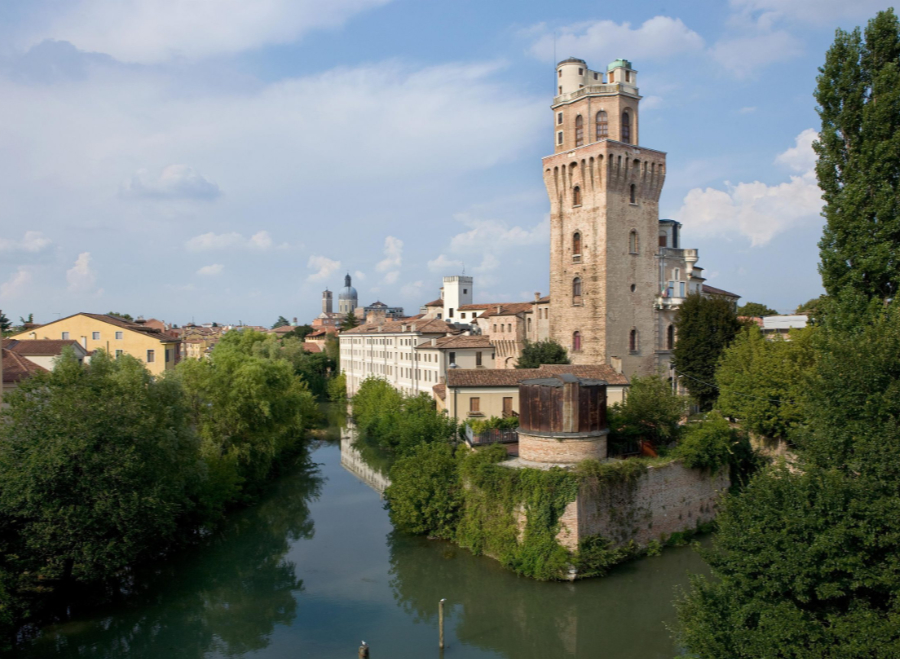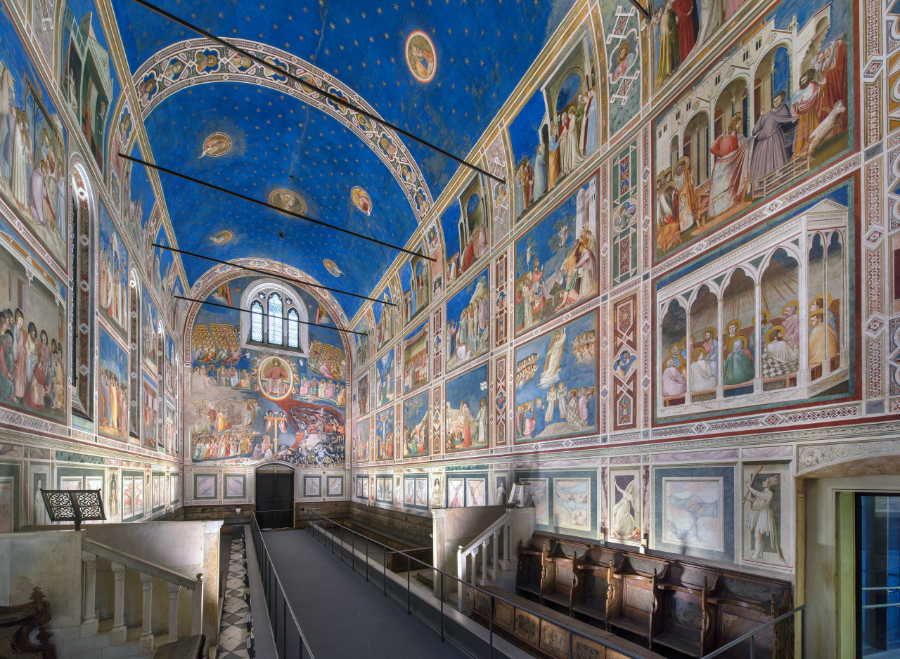Padova (also known as Padua) is a city located in the Veneto region of Italy, known for its rich history, vibrant culture, and prestigious academic institutions.
It is renowned for its ancient university, founded in 1222, which has hosted notable figures such as Galileo Galilei (chair of mathematics 1592-1610) and Elena Cornaro Piscopia, the first woman to receive a PhD degree (1678). The University motto is “Universa Universis Patavina Libertas”, which means “The freedom of Padova is complete for everyone”, and signifies the university's commitment to providing an environment where knowledge is open, free, and accessible to all individuals.
Padova is home to La Specola, the Astronomical Observatory, one of the most representative symbols of the city and its history. La Specola is a 14th-century tower, formerly part of a medieval castle, converted in 1767 into an astronomical observatory (specula). It is currently managed by the Istituto Nazionale di Astrofisica (INAF) and is an internationally renowned astrophysical research institution.
 |
 |
|
La Specola - The astronomical observatory of Padova. |
Cappella degli Scrovegni. Photo: turismopadova.it |
The city boasts a remarkable artistic and architectural heritage. Among its points of interest are the Scrovegni Chapel with frescoes by Giotto, part of the "Padova Urbs Picta" (Unesco’s World Heritage), the Basilica of Saint Anthony of Padua, one of the city's major Catholic churches, Prato della Valle, one of the largest squares in Europe, and the Palazzo della Ragione, iconic landmark of the city, particularly renowned for the “Salone”, one of the largest medieval halls in Europe.
Padova is also famous for its gardens, such as the Orto Botanico di Padova, one of the world's oldest botanical gardens, and it offers a lively atmosphere with its markets, cafes, and nightlife. The city is a captivating blend of history, culture, innovation, and tradition.
(partially based on the text from https://2024.ieee-etfa.org/about-padova/)

